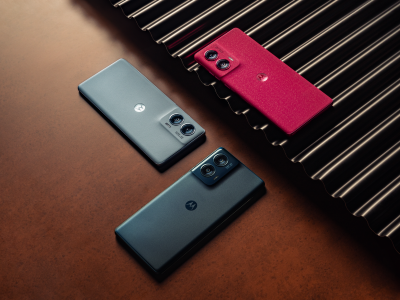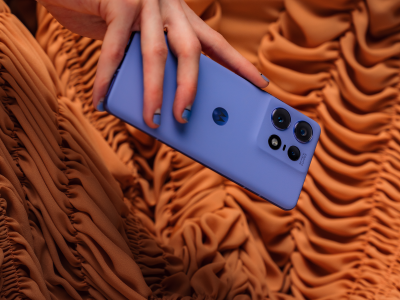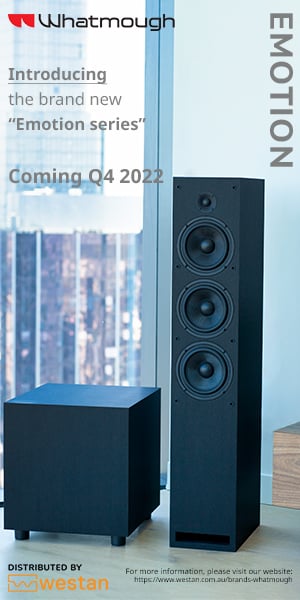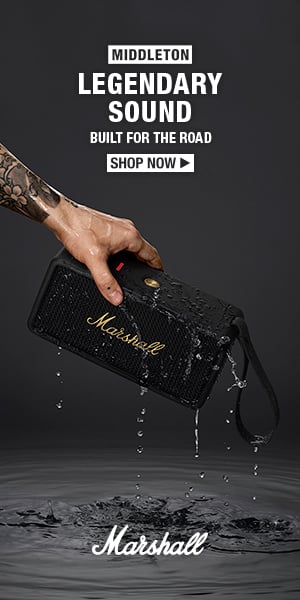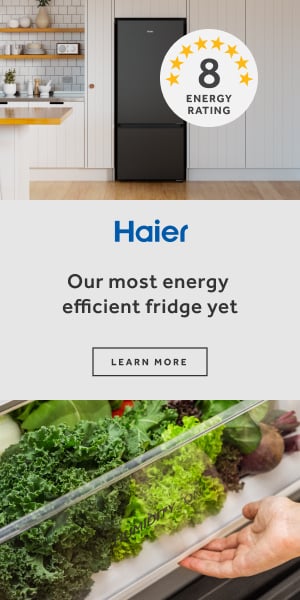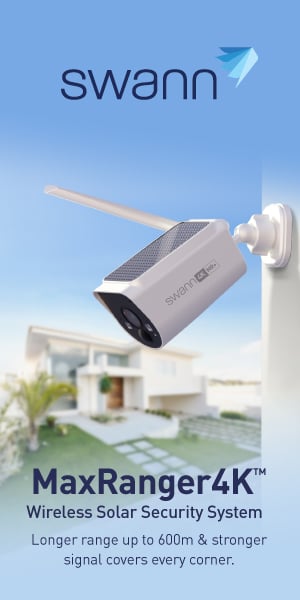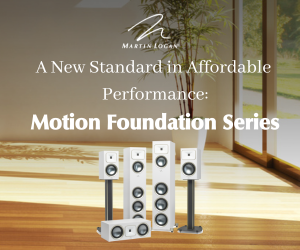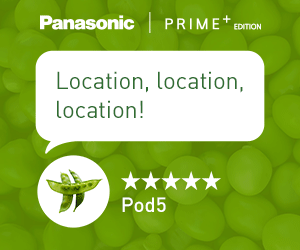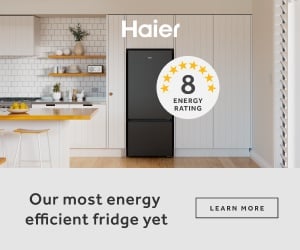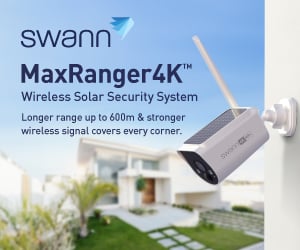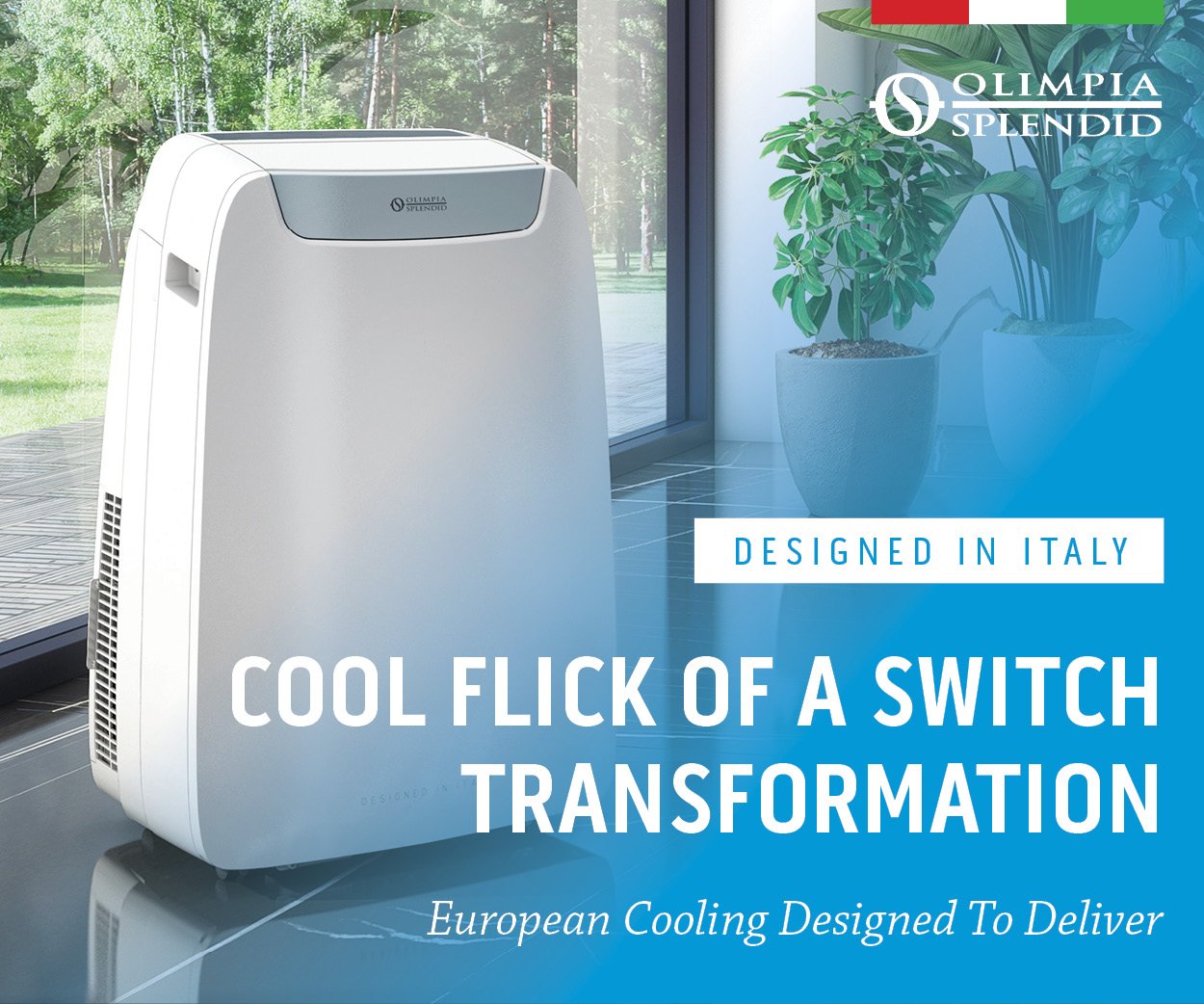Google Winning The Connected Home Race As Retailers Give Up Floor Space
The connected home is set to be a major source of revenue for consumer electronics retailers with JB Hi Fi, Harvey Norman and The Good Guys, moving to deliver extended floor space to the category, but the big winner is tipped to be Google.
Also moving into this category is Bunnings and Officeworks as well as Winnings who are moving into the premium connected home market.
Smart home technology is fast becoming the norm in Australia with connected lighting, security and voice activated devices increasingly becoming normal installations for both new and existing homes.
An early entry move by Google and a whole heap of Google incentive cash for retailers to support their SmartHouse technology has seen Amazon with their Alexa technology struggle to get traction in Australia.
As far as consumers go Google is the platform of choice in Australia and the UK while Alexa has market strength in the USA.
According to IDC’s Quarterly Smart Home Device Tracker, the smart home segment is growing healthily though there doesn’t seem to be any one manufacturer dominating the space despite the UK and Australia returning similar market share numbers.
Google is holding down the largest market share, thanks to its smart speaker products, though there are gains for a quite a variety of products with brands such as Samsung who have their Bixby Voice technology looking to crank up their connected home platform, also in play is LG and a host of smaller players including Brilliant Lighting and Sengled and LIFX who are already building market share in Australia.
“Google had a stellar quarter and was the clear winner in the first quarter, reaching an important milestone in Europe,” said Antonio Arantes of IDC.
“Google continues to expand to new countries and support new native languages at a faster pace than Amazon. This is also contributing to strengthening its position in voice assistant platforms.
“Google Assistant was present in 49.2% of all smart speakers sold in the first quarter of 2019. Meanwhile, Amazon faced supply issues, with the Amazon Echo Dot being out of stock in some countries for several weeks, leaving space for Google Home products to grow.”
The indirect win for Google is perhaps the most important aspect of this momentum as consumers also struggle to work out how to connect the connected home devices in their homes including those that are not voice activated.
Currently there are three options claim analysts, voice, hubs or a proprietary control system such as Savant which primarily need an ethernet connected home.
Analysts claim that one-off sales to consumers are all well and good, but another interface with consumers offers recurring revenues through third-party relationships and advertising opportunities. This is more in-line with the traditional business model for Google.
This is far from the end of the story however; smart speakers should still be considered a niche segment though growth is impressive.
Looking at the segment growth, home entertainment products are the largest area collecting 55.4%, while smart speakers sit in second place with 21.4%. Lighting, home security and thermostats collectively accounted for 20.8% of the smart home market, with IDC predicting 27.11% CAGR between 2019 and 2023. By 2023, these products could account for an additional 9.5% market share.












